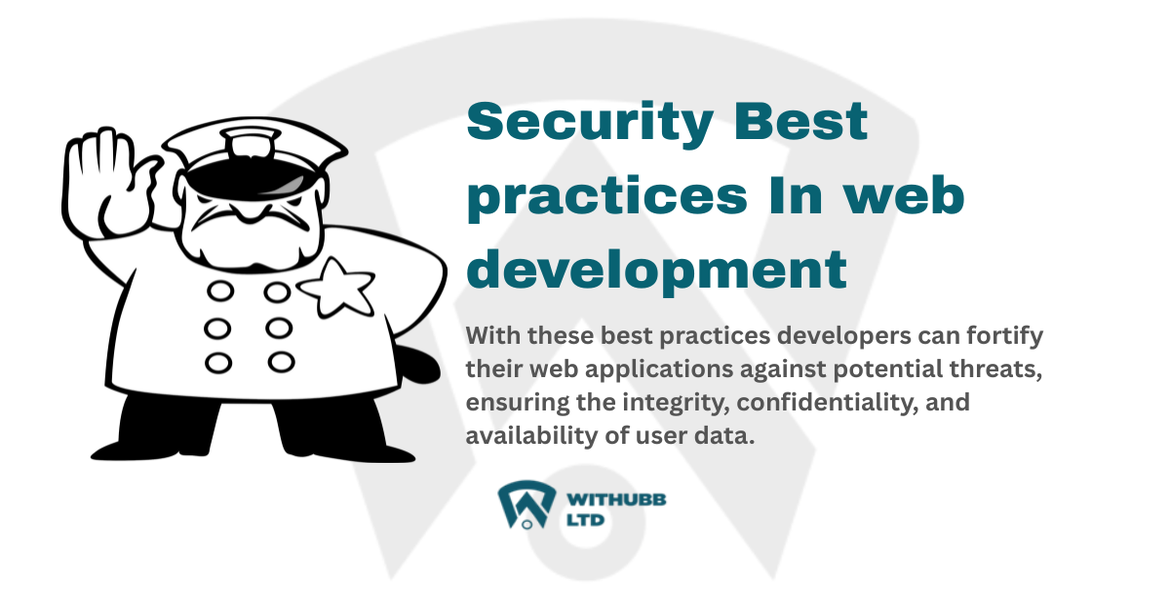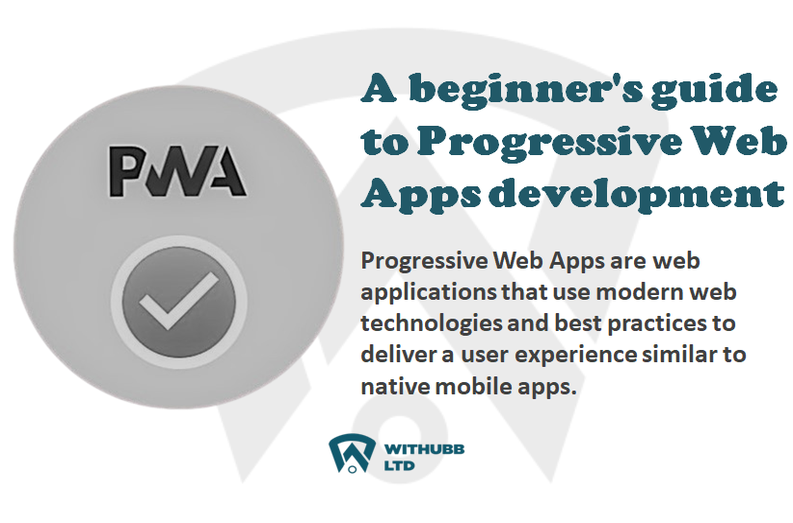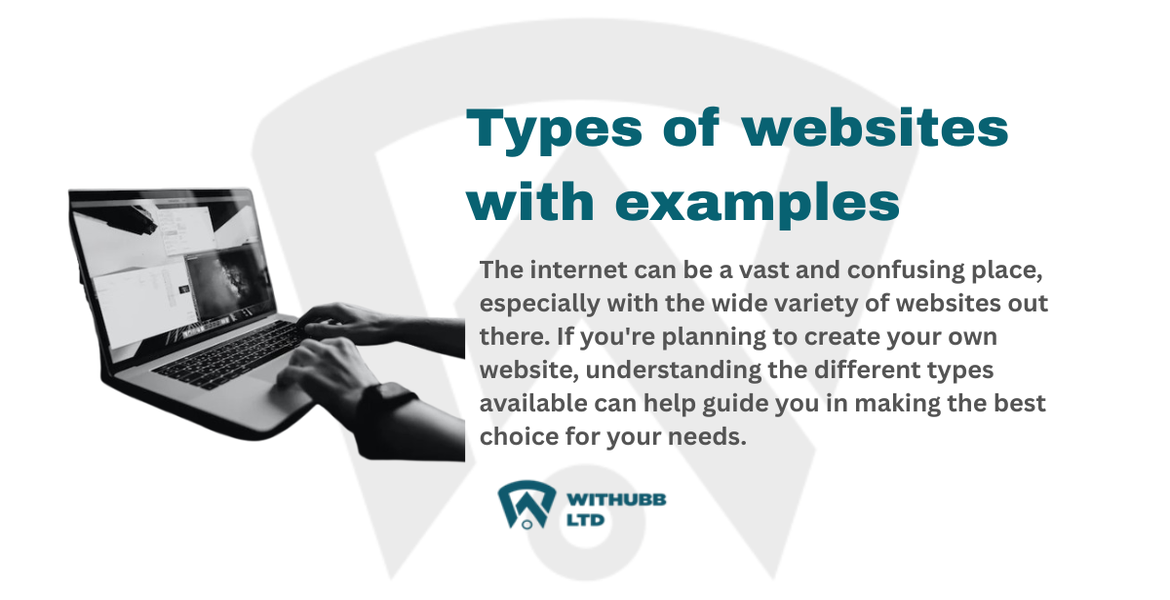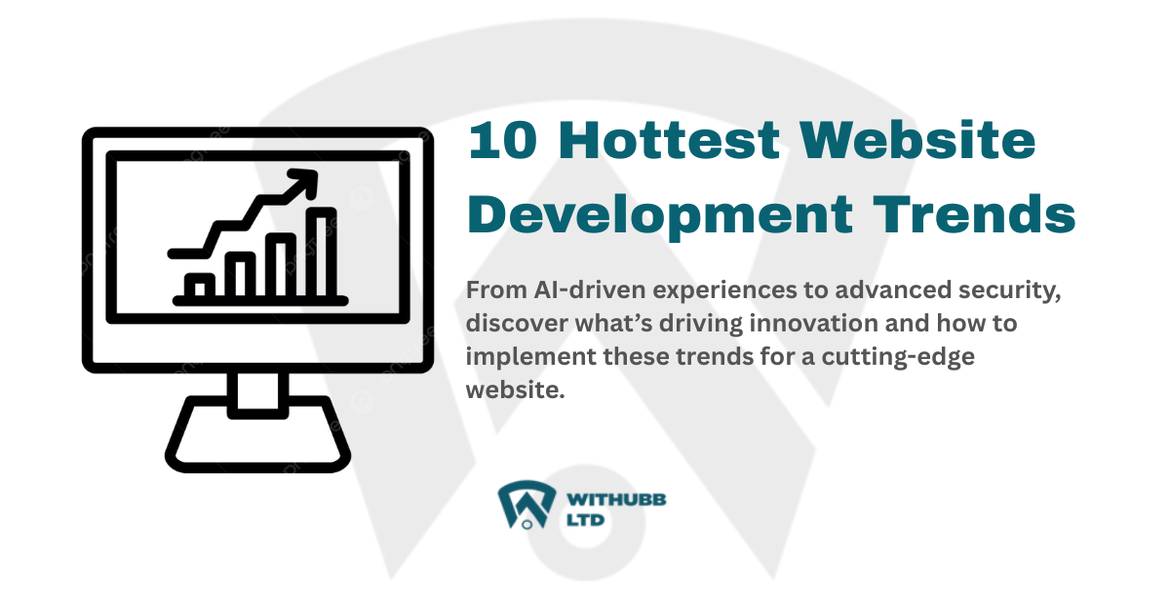Making Money with Domain Names: A Guide to Buying and Selling Premium Domains

For savvy investors, buying and selling premium domain names has become a profitable business venture. But what exactly makes a domain name “premium,” and why do they carry such significant value?
A premium domain name is typically short, memorable, and directly associated with a popular or highly sought-after keyword. These domains are highly desirable because they are easy to remember, spell, and often carry strong branding potential. This is why businesses are willing to invest substantial amounts to acquire a premium domain that reflects their brand or business goals.
The value of a domain name is driven by various factors, including its length, keyword relevance, market demand, and overall brandability. Domains that align with trending industries, geographic regions, or high-traffic search terms are particularly valuable because they offer immediate recognition and a competitive edge in digital marketing efforts. As the internet becomes increasingly saturated, owning a premium domain can be a powerful asset—one that can generate passive income or provide a lucrative sale.
In essence, a premium domain name is an investment. With the right approach, it can offer long-term profits and unparalleled value in the world of digital marketing, branding, and business growth.
Researching and Identifying Profitable Domain Names to Buy
The foundation of making a profitable investment in domain names lies in research. Knowing how to identify the right domain to buy is crucial for turning a profit. While some may buy domains impulsively, successful investors know that careful research can significantly increase the likelihood of success. So, what makes a domain name profitable, and how do you find it?
Keyword-Focused Domains:
Domains that include popular keywords are often the most valuable. These keywords should align with current search trends or high-volume industries. For instance, if you find a domain with a high-ranking keyword that pertains to a lucrative industry, this can lead to long-term traffic and substantial buyer interest.
Trending Niches:
Certain industries or trends experience rapid growth and, in turn, create valuable domain name opportunities. Keeping an eye on emerging sectors like technology, finance, health, or sustainability can yield profitable domains. For example, a domain name that includes the term “AI” (artificial intelligence) in 2025 may be highly valuable, as AI continues to dominate the tech landscape.
Market Demand Analysis:
Analyzing the demand for specific domain names is essential in understanding their future value. You can assess demand by looking at search volume for keywords, examining the growth of related industries, and evaluating the performance of similar domain names. Tools like Google Trends, SEMrush, and Ahrefs are excellent for assessing search volume and competition.
Brandable Domains:
Sometimes, the most valuable domains are not simply keyword-focused but are highly brandable. These domains are often unique, easy to remember, and can be used to build a strong brand identity. They may not always contain obvious keywords, but they have the potential to become a household name due to their originality and appeal.
Strategies for Acquiring Premium Domains at Lower Prices
Acquiring a premium domain name doesn’t always mean paying top dollar. With the right strategies, it’s possible to acquire valuable domains at lower prices, often leading to higher profit margins. Whether you're purchasing directly from the owner or bidding on an auction, knowing how to navigate the domain acquisition process can make a significant difference in your investment.
1. Buying Strategies
One of the most effective strategies for acquiring domains at lower prices is to look for domain names that are underpriced. Many domain owners may not realize the true market value of their domain, or they may simply want to sell quickly. By conducting research and keeping track of various domains over time, you can identify domains that are undervalued and negotiate a price that benefits both parties. Also, look for domains that are available at registration price—though this is becoming more rare, some valuable names might still be available at standard prices.
2. Negotiation Tips for Domain Purchase
Negotiating with domain sellers is a delicate art, but it’s a vital skill for getting the best deals. If you are interested in a domain, don’t rush into negotiations. Start by gathering as much information as possible about the domain, such as its previous sales history, search volume, and associated market trends. Be prepared to make a reasonable offer based on these factors, but leave room for flexibility in your negotiation. It’s often helpful to approach the seller with a thoughtful and polite inquiry rather than a hard bargain, which can encourage a more open and productive conversation.
3. Expired Domains
One often-overlooked method of acquiring valuable domains at a lower cost is purchasing expired domains. These are domain names that were previously registered but are no longer renewed by the owner. Expired domains can often be purchased for a fraction of their original value. Using domain auction platforms like GoDaddy Auctions, NameJet, or DropCatch, you can find expired domains that have solid potential for high resale value, especially those with existing traffic or backlinks.
4. Auctions vs. Direct Purchases
Auctions can sometimes provide excellent opportunities to acquire domains at lower prices, but they can also get competitive. The key to winning an auction is to have a clear maximum price you are willing to pay and stick to it. Direct purchases, on the other hand, often offer more room for negotiation and can result in a better deal if you know the right approach. While auctions allow you to gauge market demand, direct purchases provide more control and flexibility in price negotiations.
5. Leveraging Brokers
Domain brokers can be valuable allies when looking to acquire premium domains. These brokers have established relationships with domain owners and access to off-market domains that may not be available through traditional channels. While they charge a commission, their expertise and access to exclusive listings can help you find domains that might otherwise be difficult to acquire at a competitive price.
The Process of Selling Your Premium Domains Effectively
Once you've successfully acquired premium domain names, the next step is to sell them for a profit. Domain selling requires more than just listing a domain on a marketplace and hoping for the best. To maximize the value of your domain, you need to have a well-thought-out strategy for marketing and selling it. Here are some key strategies to sell your premium domains effectively.
Domain Selling Strategies
Before you put your domain up for sale, it’s essential to have a clear selling strategy. This includes defining the right price, selecting the right platform for listing, and determining the best time to sell. One effective strategy is to start with a slightly higher price than what you expect to receive, leaving room for negotiation. It’s also a good idea to market your domain through multiple channels to attract a wide range of potential buyers.
Listing Platforms for Domains
There are many domain listing platforms where you can list your domains for sale, but choosing the right platform is key. Some popular platforms include Sedo, Flippa, and Afternic, where you can list domains for auction or direct sale. Each platform has its own audience, with some catering to niche markets and others to a more general crowd. Selecting the platform that aligns with your target buyer is critical to maximizing exposure.
Additionally, it’s important to optimize your listings with detailed descriptions, clear pricing, and relevant keywords that will help potential buyers find your domain. Make sure to highlight any features that make your domain stand out, such as its SEO potential, the traffic it attracts, or its relevance to a specific industry.
Marketing Your Domain Name
Marketing plays a significant role in selling your domain. Simply listing it is not enough—buyers need to know it’s for sale, and they need to understand its value. Social media platforms, email outreach, and targeted advertising are all useful ways to promote your domain name. Joining relevant online communities and forums related to domain investing can also help you reach potential buyers who are actively looking for domains.
One effective strategy is to set up a landing page for your domain, which will showcase its features and provide a direct link to your listing. A landing page can be used to present the domain as part of a larger business idea, showing potential buyers how it fits into a broader vision.
Setting the Right Price
Pricing your domain correctly is one of the most important aspects of selling. A domain that is priced too high may scare off potential buyers, while a price that’s too low could result in a lost opportunity for profit. To determine the right price, consider factors like the domain’s length, keyword relevance, brandability, and the level of competition in the market. You can also use domain appraisal tools such as EstiBot or GoDaddy’s Domain Appraisal tool to get an estimate of your domain’s value. However, always keep in mind that these tools provide estimates—market demand will ultimately determine the final price.
Building a Sales Funnel for Domains
Just like with any other product, it’s important to build a sales funnel for your domains. A sales funnel is a process that guides potential buyers from awareness to making a purchase. This could include offering a limited-time discount, providing testimonials or proof of the domain’s value, or creating urgency through an “only one available” approach. By strategically guiding buyers through this process, you increase your chances of closing the deal.
Selling premium domains successfully is all about strategy, exposure, and effective marketing. Utilizing the right platforms, setting the right price, and actively promoting your domain, can help maximize your returns and ensure that your premium domains are sold at their true value.
Legal Considerations and Best Practices in Domain Trading
When engaging in the buying and selling of premium domain names, it's crucial to be aware of the legal considerations that could affect your transactions. Ignoring these legal aspects could lead to costly disputes, loss of domain rights, or even legal penalties. Understanding the legal landscape of domain trading will help you make informed decisions and protect your investments. Here are some key legal factors and best practices to keep in mind:
1. Trademark Issues in Domain Names:
One of the most significant legal risks when buying or selling domains is the potential for trademark infringement. It’s essential to avoid purchasing domains that infringe on registered trademarks, as this can lead to a trademark dispute or the domain being seized by the trademark owner. To minimize this risk, conduct thorough research on any domain you plan to purchase to ensure it doesn't violate any trademark laws.Before buying or selling a domain, check for any trademarks associated with the name. You can do this by searching the U.S. Patent and Trademark Office (USPTO) database or using other global trademark search tools. If the domain contains a name or keyword that is trademarked, it’s advisable to avoid it unless you have explicit permission from the trademark holder or the domain has been abandoned.
2. Domain Name Transfers Legally Explained:
Once you’ve successfully bought or sold a domain, it’s important to complete the transfer process correctly to ensure that ownership is legally and officially transferred. The domain transfer process varies by registrar, but generally involves both the seller and the buyer submitting a request for the transfer through their respective registrar accounts.Ensure that you’re using a secure and reliable platform for the transfer, and always follow the guidelines set by the domain registrar. For added security, use escrow services for high-value domain transactions, which protect both the buyer and the seller by holding the payment in escrow until the domain transfer is completed.
3. Avoid Legal Pitfalls in Buying and Selling Domains:
There are several legal pitfalls that you should be aware of when buying and selling premium domains. One such pitfall is the practice of "cybersquatting," which refers to purchasing domain names that are similar to established brands or trademarks with the intent to sell them at inflated prices. This practice is illegal and can lead to legal action, including having the domain seized and facing fines.To avoid this, always ensure that the domains you’re purchasing or selling are free from any malicious intent and are not in violation of the Anti-Cybersquatting Consumer Protection Act (ACPA). It’s also important to have clear and legally sound contracts in place when making domain transactions, especially for high-value domains. Contracts can help clarify terms such as payment schedules, ownership rights, and what happens in the event of a dispute.
Best Practices for Protecting Your Domains
To avoid legal issues and ensure the security of your domain names, it’s essential to practice good domain management. This includes keeping your contact information up-to-date with your registrar, renewing your domains on time, and using strong security measures such as two-factor authentication (2FA) to protect your account from unauthorized access.
If you’re investing in multiple premium domains, consider working with a trusted legal advisor or a professional domain broker who can help navigate the complexities of domain law. A good legal advisor can also help you draft contracts and ensure that your domain trading operations comply with the relevant laws and regulations.
By understanding and adhering to legal guidelines, you can protect your investments, avoid costly disputes, and ensure that your domain buying and selling activities are both profitable and legally compliant.
Final Thoughts
Flipping premium domain names can be a lucrative business, but it's not without its challenges. One of the most significant hurdles is finding the right domain to buy and sell. With millions of domains already registered, it can be tough to find a gem that will attract buyers. However, for those who are willing to put in the time and effort, the rewards can be substantial. By developing a keen eye for valuable domains and staying up-to-date on market trends, you can increase your chances of success in this competitive field.
Want to Build Something Amazing?
We prioritize your business success and we deliver faster. Our services are custom and build for scale.
Start nowMore Articles

Why local SEO is Important for your Business Website
1 week, 2 days ago · 10 min read
JavaScript for web development and programming. (Importance, Features, Roles of JavaScript in web development)
1 week, 2 days ago · 8 min read
How to Integrate Payment Gateways into a Website ?
2 weeks, 2 days ago · 11 min read
Object-Oriented Programming (OOP) Meaning, Principles, Benefits.
3 weeks, 6 days ago · 7 min read
Security Best practices In web development
1 month, 1 week ago · 9 min read
A beginner's guide to Progressive Web Apps development (PWA)
1 month, 1 week ago · 5 min read
Types of websites with examples
1 month, 1 week ago · 10 min read
10 Hottest Website Development Trends You Can’t Ignore in 2025
1 month, 1 week ago · 10 min read
How to Set Up Django with PostgreSQL, Nginx, and Gunicorn on Ubuntu VPS Server
1 month, 2 weeks ago · 12 min read
Best Domain Extension Guide: .com vs .net vs .org vs .ng (2025)
1 month, 2 weeks ago · 6 min read
x
